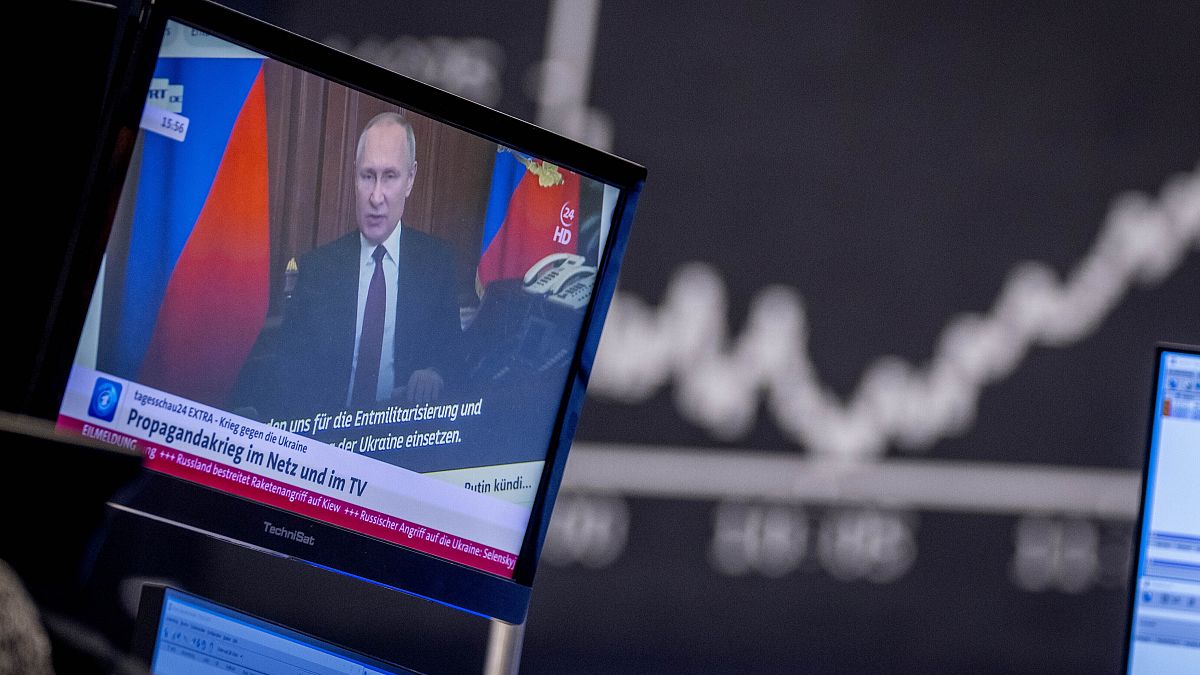An investigation by the EU Commission into Facebook and Instagram’s handling of Russian fake news is still pending
The generative artificial intelligence tools used to spread primarily Russian disinformation on Meta’s platforms did not cause any disruption, the US technology giant said in its quarterly Adversarial Threat Report published yesterday (August 15).
The results suggest that GenAI-based tactics provide threat actors with “only incremental productivity and content generation gains,” but the tools used by Meta to combat the spread of disinformation currently appear to be effective.
This comes while a European Commission investigation into Meta Facebook and Instagram’s handling of disinformation under the Digital Services Act (DSA) is pending. The Commission fears that the networks are vulnerable to Russian disinformation and may be a target of Russian networks.
A company spokesperson said in April that Meta has a “well-established process for identifying and mitigating risks on our platforms.”
US election
Meta stated in its report that the Russian campaign published a large number of stories on fictitious “news” websites that attempted to mimic authentic articles from across the Internet, including mainstream media.
These stories were likely summaries of the originals, created using AI tools to make them seem more unique, the Meta report said. The same campaign then also posted AI-generated newsreader videos on YouTube and featured fictional journalist personas.
Since the war between Russia and Ukraine began in 2022, fake news campaigns have largely focused on weakening Ukraine at home and abroad, although some networks have also targeted other countries bordering Russia, such as Georgia and Moldova.
The report said that in the run-up to the U.S. election in November, content is being spread from Russia that supports presidential candidates who oppose aid to Ukraine. This could include blaming the U.S. for financial aid to Ukraine, portraying the Ukrainian government as unreliable, or amplifying voices that express pro-Russian views on the war.
In addition to Russia, Meta has also deleted numerous fake accounts and pages in Iran and China.

